
EU migrants account for as many as one in 10 employees in some sectors of the UK economy, official analysis has revealed.
More than two million workers from the bloc are employed in industries including manufacturing, hospitality, healthcare and financial services.
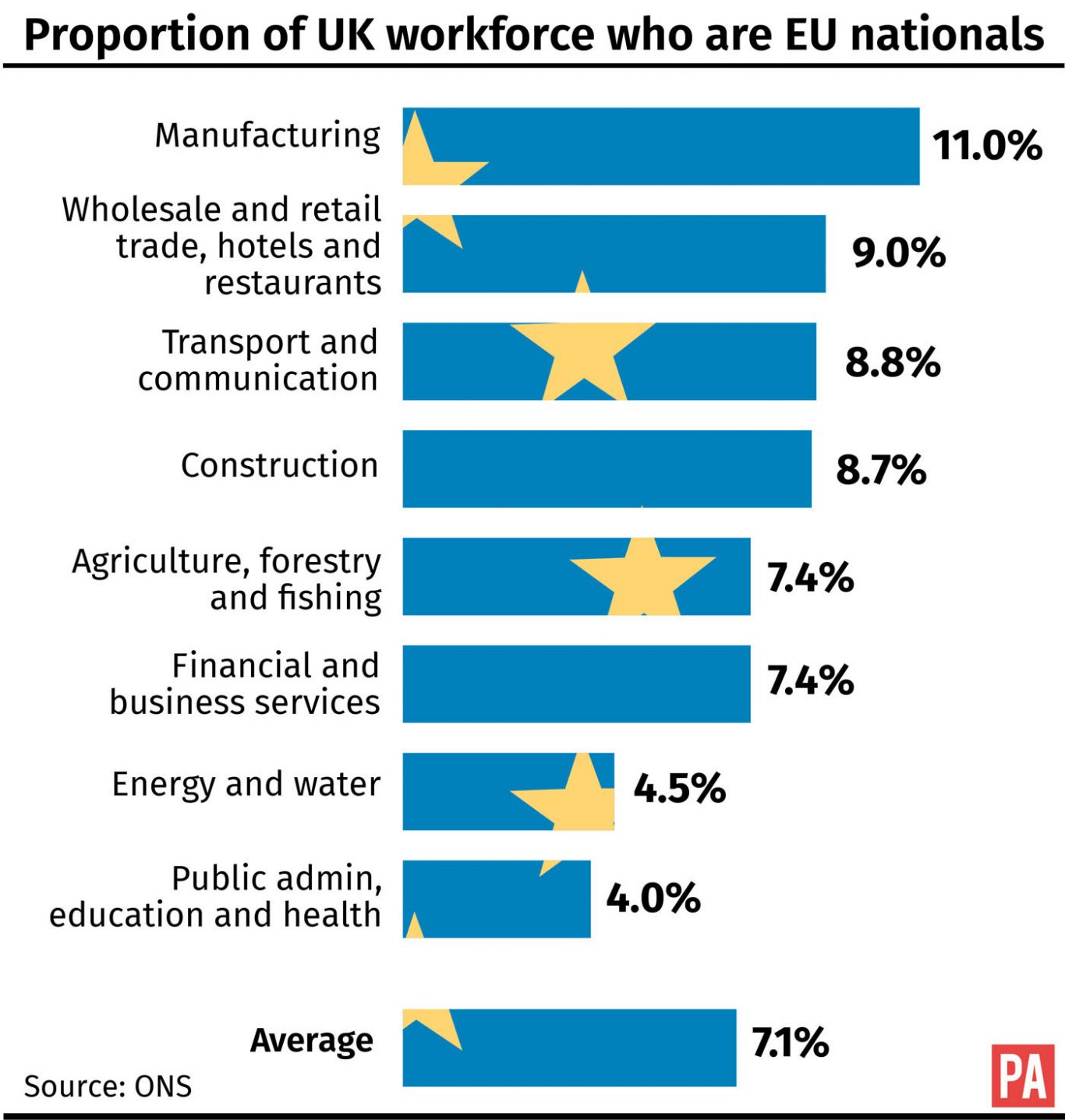
The findings lay bare the challenge of introducing curbs on free movement rules while ensuring industries that are particularly reliant on overseas workers are not severely damaged as the Government enters into Brexit negotiations.
A detailed report from the Office for National Statistics (ONS) shows that last year an estimated 3.4 million workers, or 11% of the UK labour market, were foreign nationals.
This number was made up of around 2.2 million EU nationals (7%) and 1.2 million non-EU nationals (4%).
ONS analysis of migrants to the UK. Most migrants work in middle & high skilll jobs: https://t.co/KPPjt0fRQp pic.twitter.com/5tc32zDoAx
— Jonathan Portes (@jdportes) April 12, 2017
The study said:
One in seven workers (14%) in the wholesale and retail trade, hotels and restaurants sector are international migrants, including more than half a million from the EU;Eight percent of workers in manufacturing are from the eight central and eastern European countries (EU8) which joined the EU in 2004 – the Czech Republic, Estonia, Hungary, Latvia, Lithuania, Poland, Slovakia and Slovenia;
Workers from the EU as a whole made up 11% of the manufacturing sector;One in eight (12%) in the UK’s financial and business services sector are foreign nationals, including 382,000 from the EU;
EU8 migrants made up 7% of the workforce in agriculture, forestry and fishing, although this proportion may not fully reflect the involvement of short-term workers in this sector.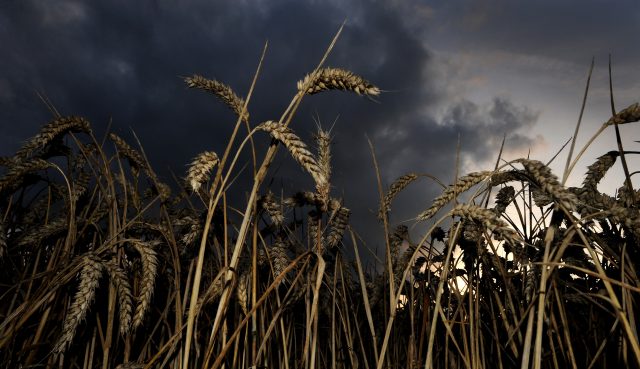
Anna Bodey, of the ONS, said: “Today’s analysis shows the significant impact international migration has on the UK labour market.
“It is particularly important to the wholesale and retail, hospitality, and public administration and health sectors, which employ around 1.5 million non-UK nationals.”
The report said the highest number of migrant workers is employed in elementary occupations, such as selling goods or cleaning, with 669,000, including 510,000 EU nationals.
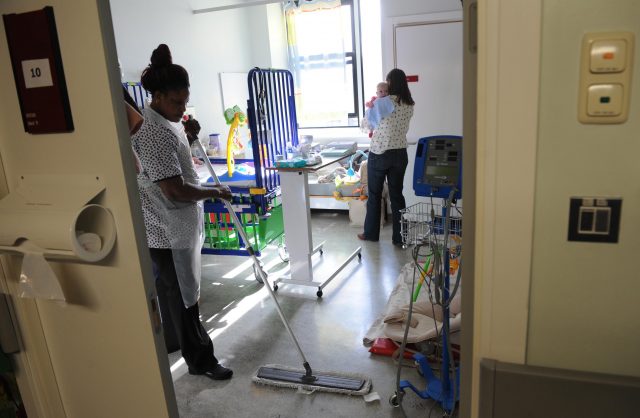
This is followed by professional occupations, with an estimated 658,000 non-UK nationals, including 352,000 from the EU.
Statistics also indicate that Romanians and Bulgarians, as well as citizens from the EU8 nations, work more hours than UK nationals.
Half of working EU8 nationals (50%) and nearly two-thirds of Romanians and Bulgarians (61%) work more than 40 hours per week, compared with a third of UK employees (32%).
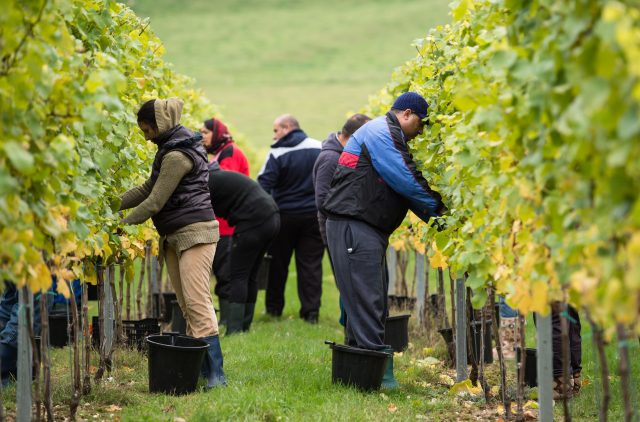
Compared with the national average earnings of £11.30 per hour, workers from a group of 14 EU countries including Germany, Italy and France, earned more (£12.59), whereas EU8 nationals and Romanians and Bulgarians had the lowest pay at £8.33.
Ms Bodey said this partly reflected the numbers in lower-skilled jobs, adding: “Many EU migrants are also more likely to be over-educated for the jobs they are in.”
Household population figures showed rises across all EU nationality groupings between 2011 and 2016.
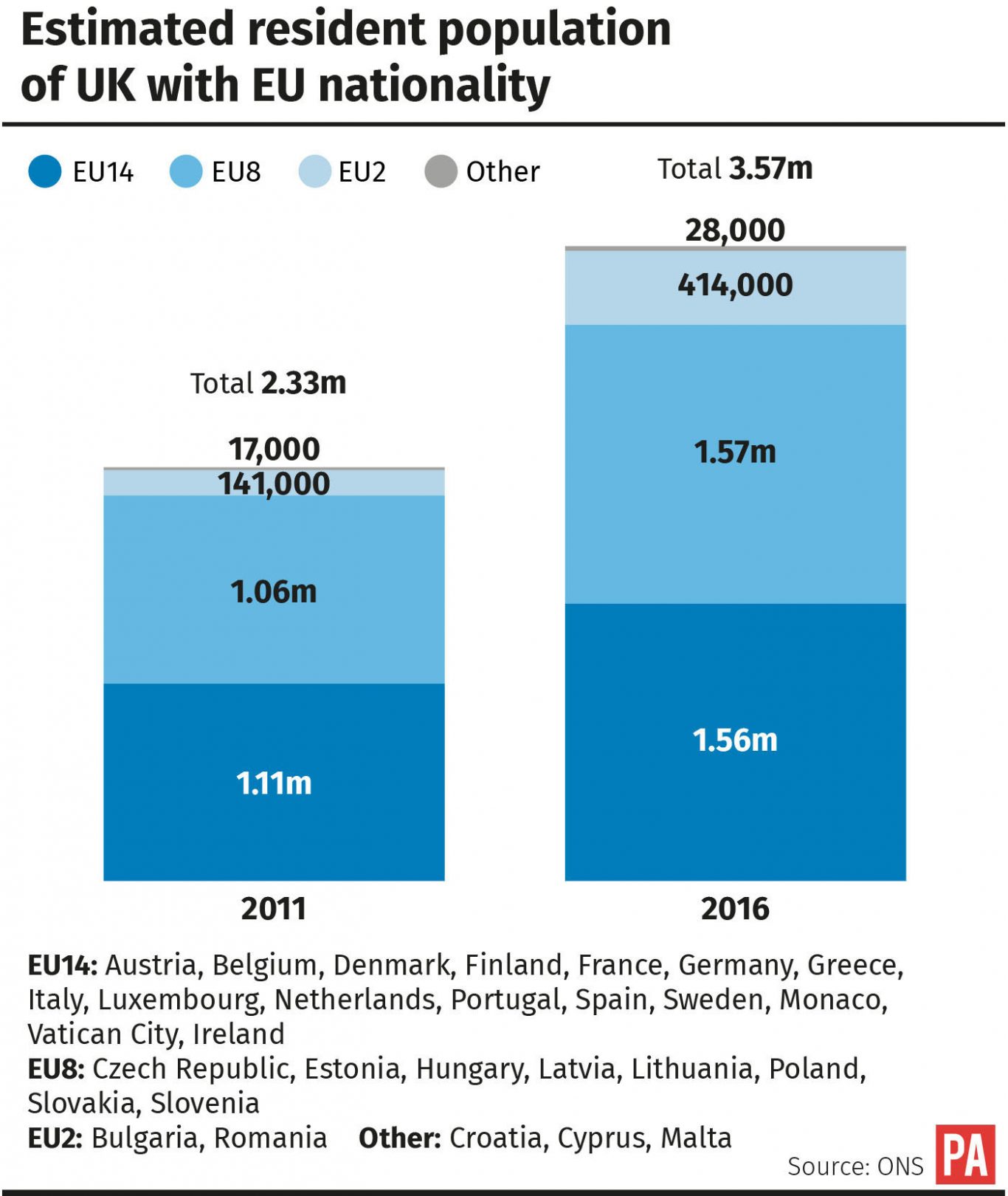
Around 3.5 million EU nationals were resident in the country in 2016 – up by more than a million compared with five years earlier, the statistics suggest.
The report said that although numbers increased, the proportion of UK residents by nationality group has largely remained the same.
These population estimates do not include communal establishments such as halls of residence, hostels and care homes.


Comments: Our rules
We want our comments to be a lively and valuable part of our community - a place where readers can debate and engage with the most important local issues. The ability to comment on our stories is a privilege, not a right, however, and that privilege may be withdrawn if it is abused or misused.
Please report any comments that break our rules.
Read the rules hereLast Updated:
Report this comment Cancel